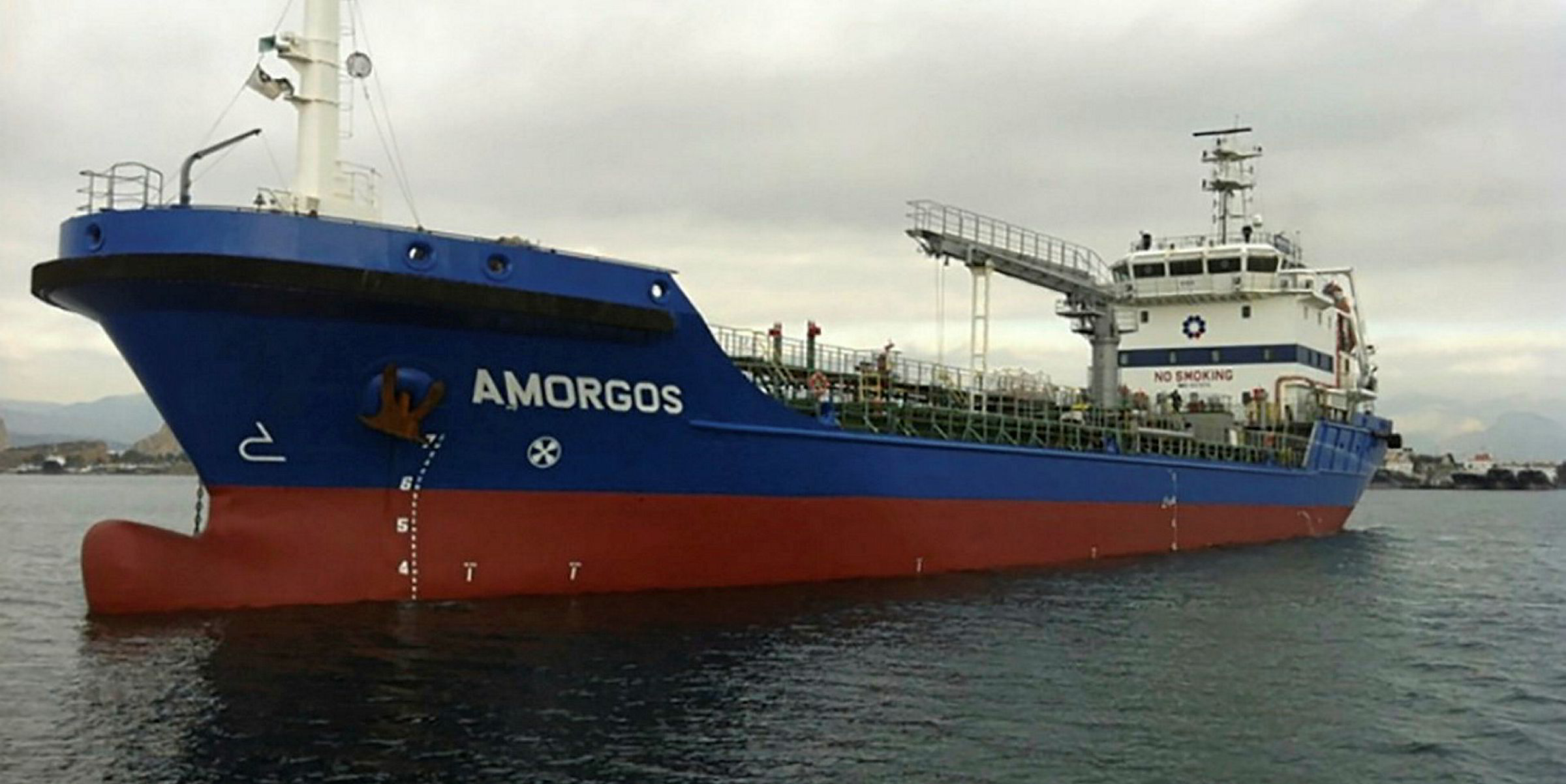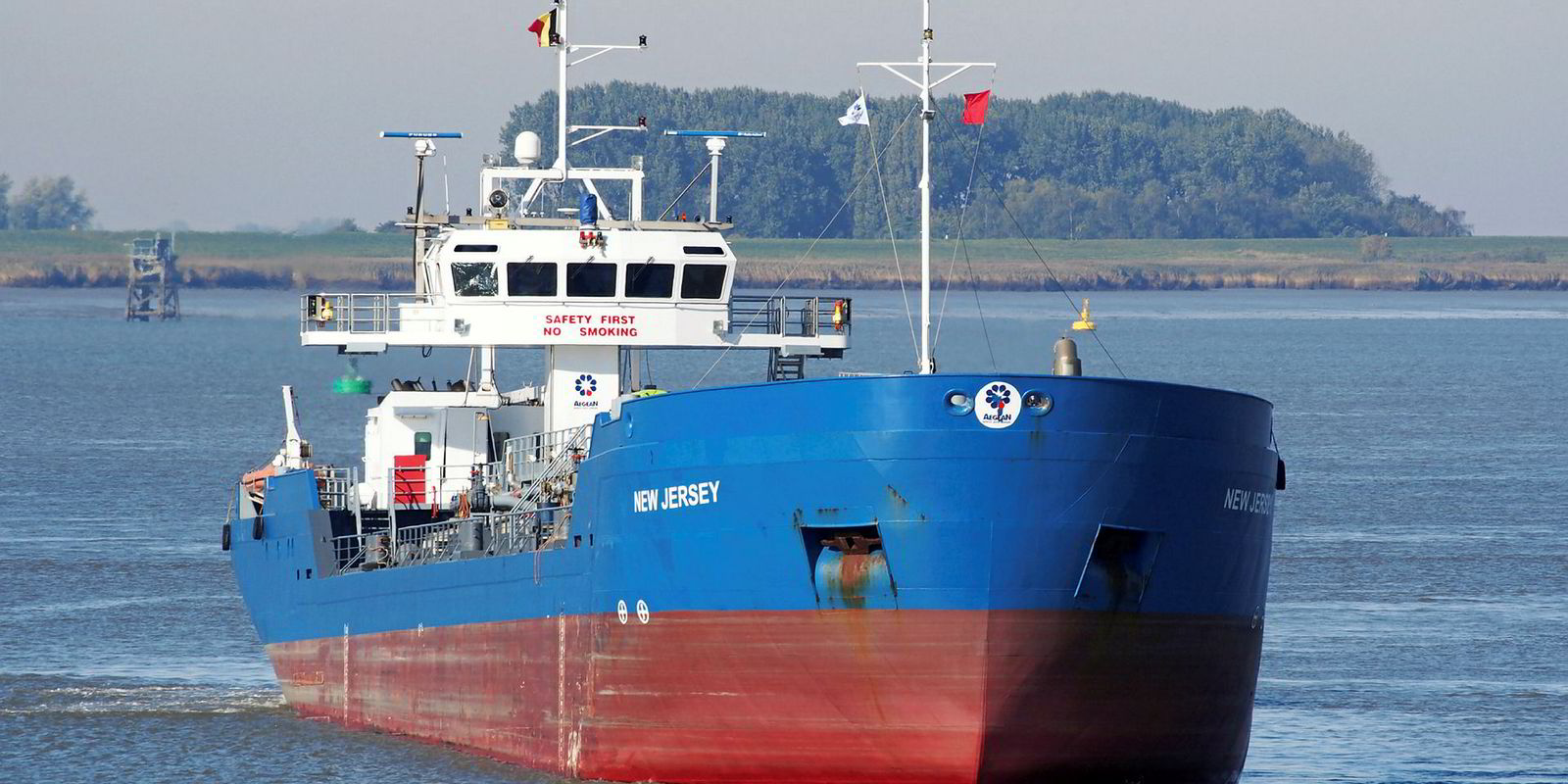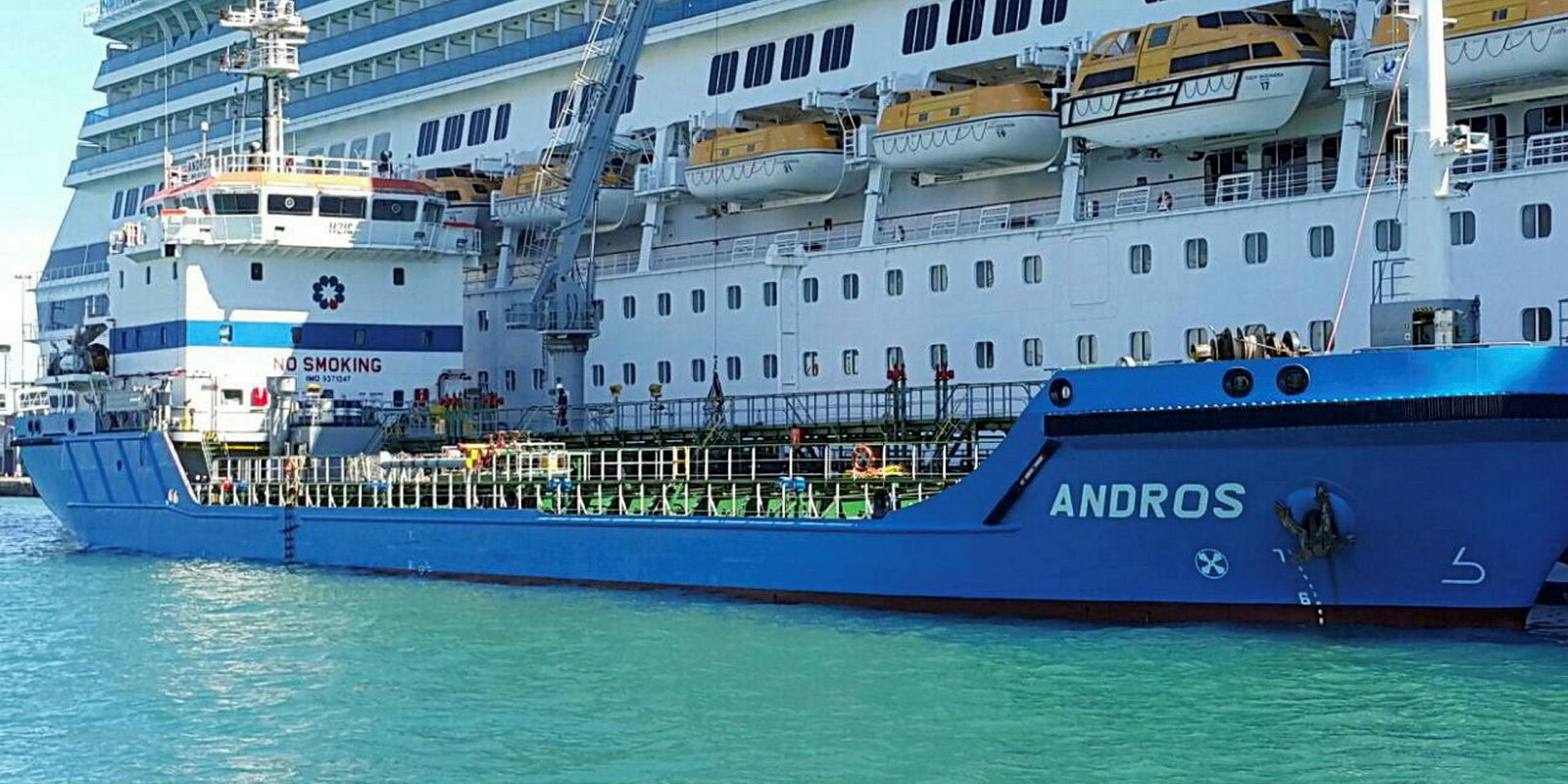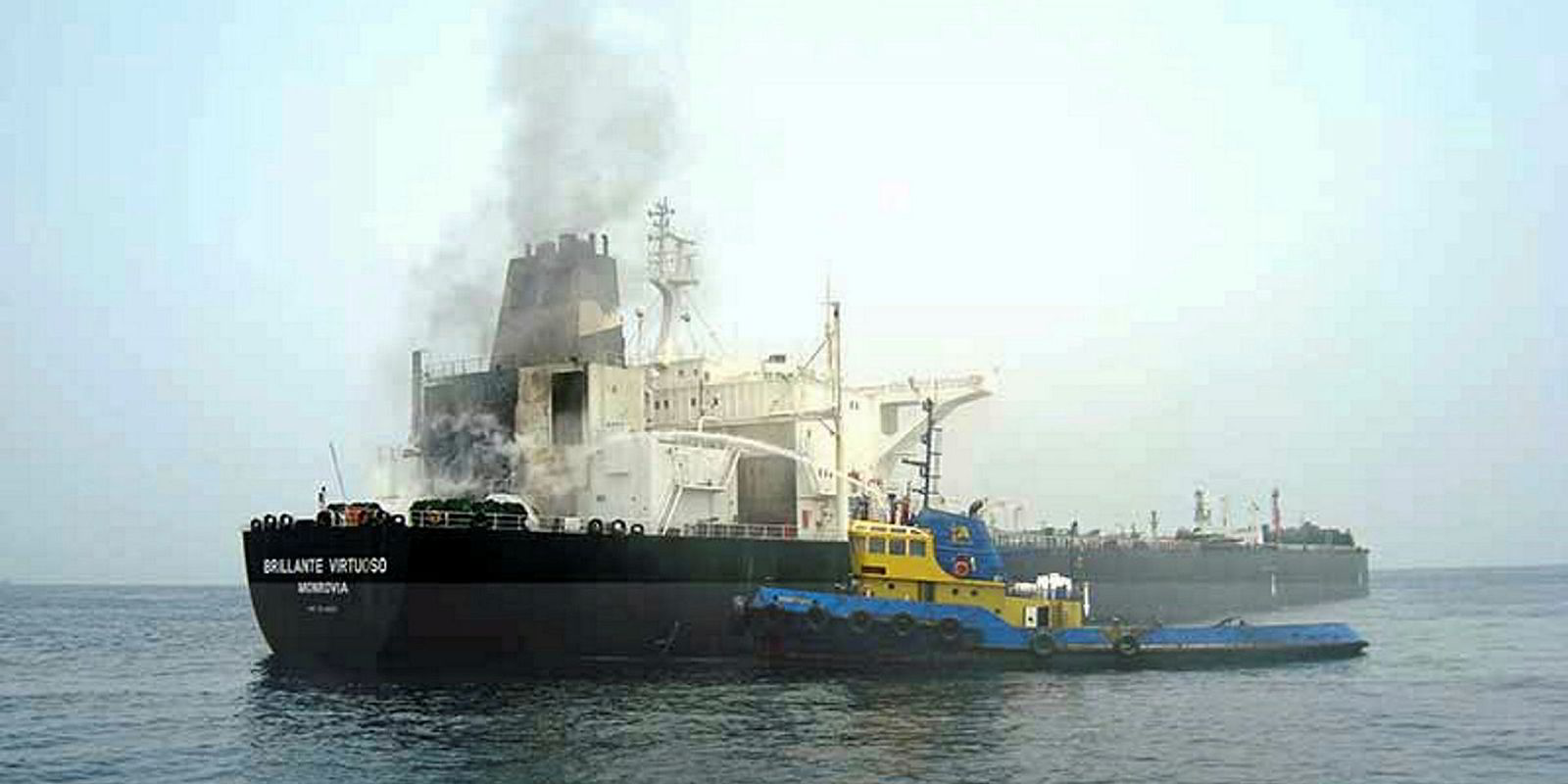Shipping’s reputation to those outside of the industry remains coloured by drama, scandal and intrigue. Cheap fiction has long peddled stories of fraud, piracy and reckless behaviour driven by buccaneering magnates who feel immune to any sense of moral or financial responsibility.
Of course, to those who work in today’s professional shipping business, that all adds up to an antediluvian view of the real world that serves to hinder their hard-won efforts to bring the industry into the mainstream.
Disreputable practices
Increasingly rigorous corporate governance, digitalisation and transparency have swept away such disreputable practices for good, right?
Well, judging by events of the past few days, do not be so sure.
Two completely unrelated sagas unfolding on different continents show that — at the very least — shipping’s capacity for drama remains undiminished.
Aegean Marine Petroleum Network’s $532m bailout by oil trading giant Mercuria Energy was the climax of a saga that had been building for months.
The marine-fuel provider filed for Chapter 11 bankruptcy protection early this week, just days after it published the results of an investigation by its audit committee that found “substantial misappropriation” of company assets.
The internal probe was triggered after preliminary research in June found that around $200m of accounts receivable on the company’s book would need to be written off.
But the full investigation now alleges that was just the tip of the iceberg. With the help of outside forensic accountants and investigators, the committee and the company’s main board now believe up to $300m in cash and assets were “misappropriated through fraudulent activities”.
Further, there was $200m from “purported commercial transactions” in 2015, 2016 and 2017 that “lacked economic substance” and so would now also have to be written off.
Company insiders
Both sets of transactions were conducted by more than a dozen company insiders including senior management, the investigation claims.
In addition to threats of physical violence and economic retaliation against others in the company, the audit probe itself faced the threat of cyber-crime, with at least one attempt to permanently delete documents from the company’s server, the investigation alleges.
Results of the probe read more like a cheap thriller than a report of contemporary business practice, but that is where the fiction ends.
The Attorney’s office in the Southern District of New York has now launched a grand jury investigation, while the company has handed the report’s finding to the US Securities and Exchange Commission and the Department of Justice.
In shipping, as in so much of life, truth is always so much more shocking than fiction
Meanwhile, on the other side of the Atlantic, further details of another truly astonishing case have been emerging in the High Court in London.
Judge Nigel Teare ruled this week that the identity of a whistleblower in an alleged scuttling of a suezmax tanker can be revealed, despite “credible” threats to his life.
Arguments over the Brillante Virtuoso case are turning into a highly contentious civil litigation saga, with the payment of a $77m insurance claim at stake — as reported in detail on page 19.
The constructive total loss of the tanker off Aden in June 2011 was caused by a deliberate explosion in the purifier room that caused a fire. All sides agree the act was committed by Yemenis, who boarded the vessel.
Somali pirates
However, the ship’s mortgage holder, Piraeus Bank, argued they were renegade military personnel in hoc with Somali pirates. The underwriters, Talbot Underwriting, claim they were part of a conspiracy with the owner, assisted by a local salvor.
However, that was just the start of the drama. In this week’s ruling, Justice Teare said the identity of the whistleblower known by the pseudonym Theo Blake could be revealed in court, largely because those who have threatened him already knew who he was.
In January this year, the court heard, calls were made to an address only known to Blake’s family, where he was asked for by his real name. Blake believes that people were sent in cars to “grab” him.
As a result, the City of London Police, who are conducting their own criminal investigation into the case, deemed there to be a “credible” threat to Blake and his family, and placed them in a safe house.
That will not be the end of the drama. The High Court trial of the case is due to start in February next year and, in the words of the judge, is “scheduled to last many weeks”.
In shipping, as in so much of life, truth is always stranger than fiction.






